Hey there, friend. If you’ve ever felt your heart race a little faster before a social gathering and wondered if your porn habit might be to blame, you’re not alone. The short answer is: heavy or compulsive porn use can indeed make social anxiety worse, but it’s not a one‑size‑fits‑all verdict. In the next few minutes we’ll unpack the science, explore why it happens, and give you a realistic game plan to feel more confident in the crowd. Grab a coffee, settle in, and let’s figure this out together.
Quick Summary
TL;DR:
- Over 90 studies link frequent porn use with heightened anxiety symptoms.
- The main culprit is dopamine dys‑regulation – a “high” followed by a “crash” that leaves you drained.
- Short‑term abstinence (7‑30 days) often lowers social‑anxiety scores and boosts confidence.
- Self‑assessment tools and simple lifestyle tweaks can help you break the loop.
Brain Chemistry
Our brains love quick rewards. When you watch porn, dopamine floods the reward circuit, creating a powerful “feel‑good” spike. The problem? The surge is short‑lived, and once the orgasm finishes, dopamine drops below baseline. This post‑orgasm dip can leave you feeling flat, irritable, and—crucially—less motivated to seek out real‑world social connections, which also rely on dopamine.
Dr. Trish Leigh explains it nicely: the brain shifts into a high‑beta, “ready‑to‑fight‑or‑flight” mode when it senses a lack of reward, making ordinary social interaction feel much more stressful. Gary Wilson, author of Your Brain on Porn, adds that chronic dopamine spikes desensitize receptors, so everyday experiences (a friendly chat, a coffee with a coworker) no longer register as rewarding. The result? You start avoiding them, and the avoidance itself fuels anxiety.
| Study | Sample | Main Finding | Relevance |
|---|---|---|---|
| Meta‑analysis (YourBrainOnPorn, 2021) | 90+ studies, 10,000+ participants | 90 % link frequent porn to poorer mental‑emotional health | Shows the breadth of research connecting porn to anxiety |
| Quantitative study, J. Addiction Science (2022) | 150 adults, 3‑week abstinence trial | Abstinence reduced fatigue, increased wakefulness and self‑control | Direct evidence that a short break can lower social‑anxiety symptoms |
| Gary Wilson podcast (2024) | Hundreds of qualitative interviews | Men reported increased sociability and confidence after quitting | Real‑world anecdotes that illustrate the mechanism |
According to a 2024 review in the National Institutes of Health, the dopamine crash after porn consumption often coincides with heightened amygdala activity—the part of the brain that lights up during fear and social judgment. In plain language: your brain becomes wired to expect danger in social settings.
Psychological Pathways
Beyond chemistry, there are three psychological loops that keep the problem going:
- Self‑esteem erosion. Porn shows hyper‑idealised bodies and performances. When you compare yourself, you may feel “not good enough,” which spirals into shame and the urge to hide your habit.
- Isolation habit. Watching porn is a solitary, safe activity. Over time your brain learns to treat “being alone” as the safe zone and “being with people” as a threat.
- Coping paradox. Many turn to porn to escape existing anxiety. The temporary relief feels great, but the underlying anxiety returns stronger because you’ve avoided the very situations that could help you re‑wire your brain.
I’ve spoken to a few folks who told me they felt a “fog” after a binge—like everything around them was muted. One Reddit user wrote, “I’d always been shy, but after two weeks without PMO I finally felt comfortable ordering coffee and even cracked a joke.” That tiny win is a perfect illustration of how breaking the cycle can revive social confidence.
Self‑Assessment
Before you decide on the next step, try this quick checklist. Mark the statements that feel true for you:
- I watch porn more than four times a week.
- After watching, I feel drained, guilty, or irritable.
- I skip social events because I’d rather stay home and scroll.
- When I’m with people, I’m unusually nervous or self‑conscious.
If you checked at least two of these, it’s worth exploring a reset. If you ticked all four, consider reaching out to a therapist—especially someone familiar with anxiety and behavioral addictions. The Does porn cause anxiety article dives deeper into when professional help becomes essential.
Short‑Term Reset
Many people find an 8‑week “NoFap” challenge surprisingly effective. The idea isn’t about moral judgment; it’s about giving your brain a breather from the dopamine rollercoaster. Here’s a simple framework you can try:
Week 1‑2: Notice & Record
Start a journal. Write down each time you watch porn, how long you spent, and rate your anxiety (0‑10) before and after. You’ll soon spot patterns—maybe you binge after a stressful day or when you’re alone at night.
Week 3‑4: Gentle Abstinence
Try a 48‑hour “dry” period. Replace the urge with a brief walk, a stretch, or a non‑sexual video that makes you laugh. Research shows that a three‑week break can lower mental fatigue and boost self‑control (J. Addiction Science study).
Week 5‑6: Social Micro‑Exposures
Pick tiny social challenges—say “hello” to a cashier, ask a colleague about their weekend, or join a short online discussion. Each micro‑win releases a little dopamine naturally, teaching your brain that real interaction is rewarding.
Week 7‑8: Review & Adjust
Re‑measure your anxiety scale. Notice any drop? Celebrate it! If you’re still stuck, tweak your plan: maybe add regular exercise or mindfulness practice (both boost dopamine without the crash).
Long‑Term Lifestyle Shifts
Resetting is a great start, but lasting change comes from a healthier daily routine.
- Move your body. Cardio, strength training, or even a quick jog spikes dopamine and serotonin, balancing the brain’s reward system.
- Prioritise sleep. Poor sleep amplifies anxiety; aim for 7‑9 hours of consistent rest.
- Mindfulness & CBT. Techniques like deep‑breathing, grounding, and cognitive‑behavioral therapy help you reframe anxious thoughts. The Porn and anxiety guide offers a few starter exercises.
- Community support. Whether it’s a NoFap subreddit, a local therapy group, or an online forum, sharing experiences reduces shame and keeps you accountable.
When to Seek Professional Help
If your anxiety feels overwhelming, interferes with work or relationships, or you notice compulsive patterns you can’t break on your own, it’s time to talk to a mental‑health professional. Therapists trained in anxiety disorders and addiction can combine CBT, exposure therapy, and—if appropriate—short‑term medication to ease the transition.
Clinics like Why does porn cause anxiety often provide resources for finding a qualified therapist. Remember, asking for help is a sign of strength, not weakness.
Bottom Line & Next Steps
Here’s the take‑away in plain English: heavy porn consumption can hijack your dopamine system, lower your self‑esteem, and teach your brain to view social situations as risky. The good news? A short break, combined with intentional social exposure and healthier habits, usually brings measurable relief. If you notice the warning signs in the self‑assessment checklist, give the 8‑week reset a try. Pair it with exercise, proper sleep, and maybe a therapist’s guidance, and you’ll likely feel a noticeable lift in confidence.
Curious about how you’ll feel after a few weeks? Write down your baseline anxiety score now, start the journal, and check back in two months. You might be surprised at how much lighter you feel when the “porn‑induced fog” lifts and the world becomes a little brighter.
Got questions, or want to share what’s worked for you? I’m here, and I’d love to hear your story. Together we can navigate this path toward a calmer, more connected life.

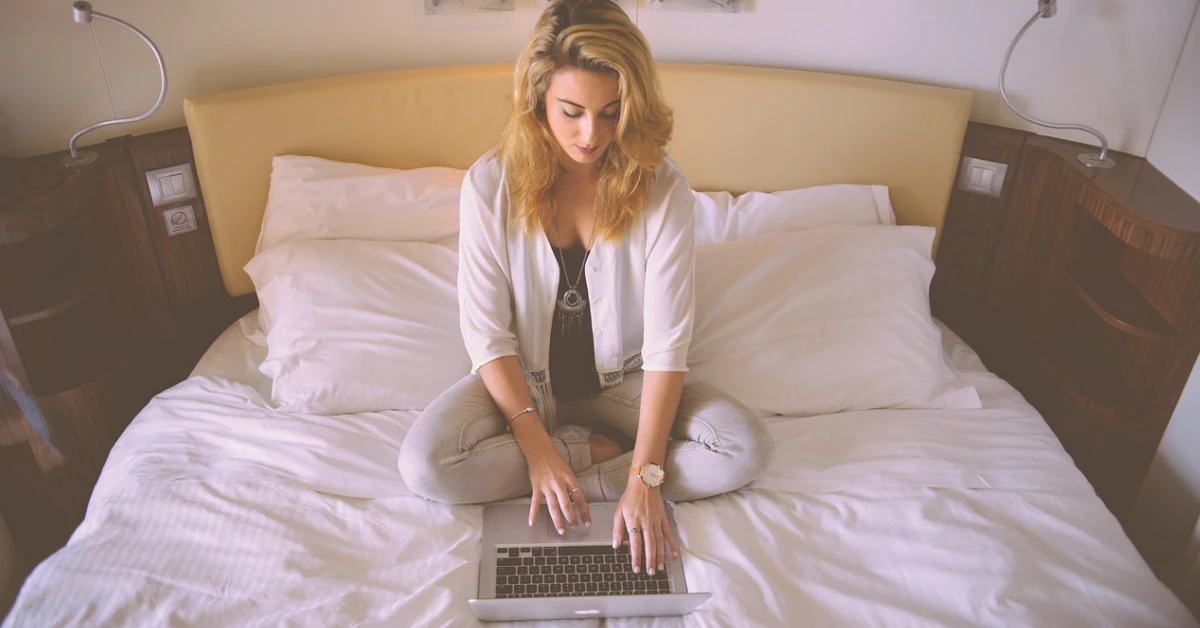
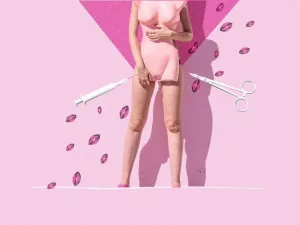
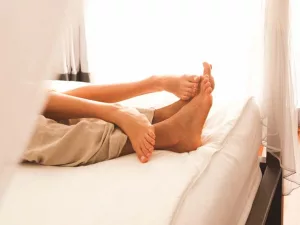
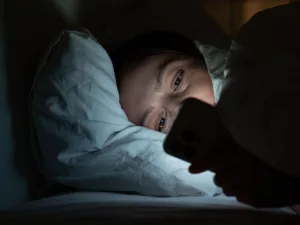
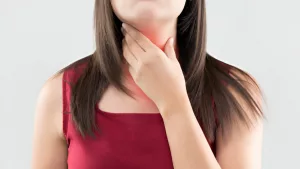
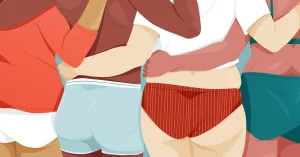
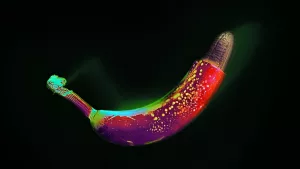
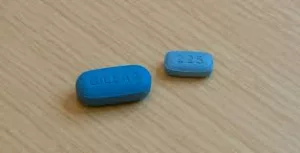
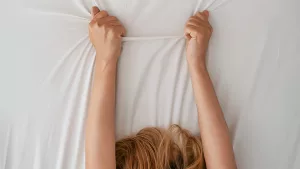


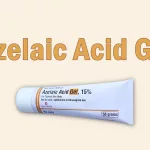

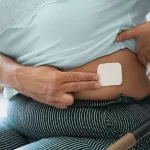



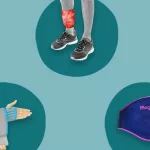
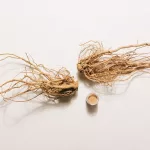


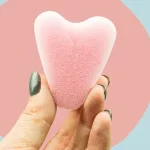

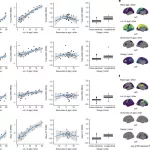
Leave a Reply
You must be logged in to post a comment.